Low HDL Cholesterol Means
It is highly likely that you have heard about, or been told that you need to lower your cholesterol levels. This is true, as high cholesterol levels are known to cause health issues and can be serious if it is not kept in check.
Cholesterol is a type of waxy substance and is made by your liver. Your body needs cholesterol so it can do certain jobs. It helps to digest fatty foods and it helps to make hormones. For the cholesterol in your body to get to where it needs to be, it is carried by lipoproteins in your blood.
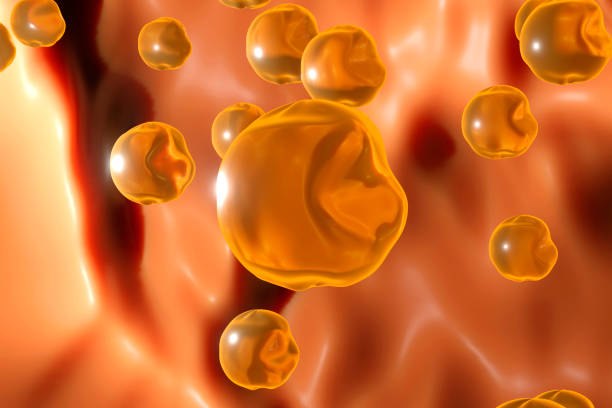
The lipoproteins include both LDL (low-density lipoprotein) cholesterol and HDL (high-density lipoprotein) cholesterol. LDL cholesterol is sometimes referred to as ‘bad’ cholesterol, while HDL cholesterol is known as the ‘good’ cholesterol.
If it has been suggested that you need to lower your cholesterol levels, this is referring to the LDL cholesterol, or the ‘bad’ cholesterol in your body. Too much of this type of cholesterol increases the risk that cholesterol will build up in your arteries that feed your brain and heart.
Read Article - What Does a High Triglycerides Mean and Cause of High Triglycerides
More about HDL cholesterol
HDL cholesterol plays an important as well as a protective role in looking after your heart and blood vessels from diseases like heart attacks and strokes. The cholesterol itself is a fat. Hence, it is not the cholesterol that is protective per se, but the HDL lipoprotein as a whole.
What it does is remove excess cholesterol, or fat, from your blood vessels and other tissues. It then returns it to the liver where it is recycled or removed from your body. It also has an anti-inflammatory effect. This helps to protect your artery walls against LDL, or ‘bad’ cholesterol. Additionally, it has an anti-oxidant effect.
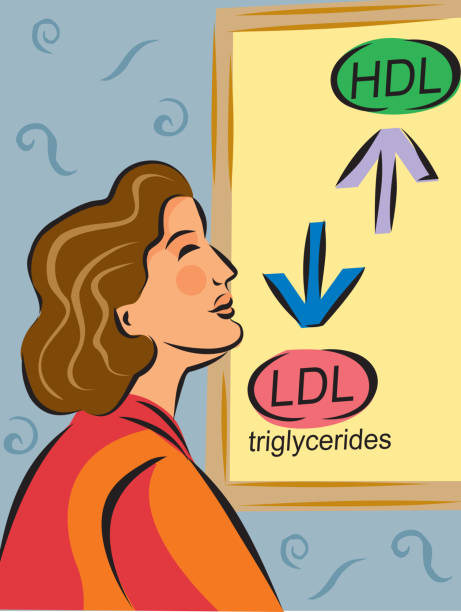
This helps it to protect your cells along with important chemicals in your blood and tissues from being broken down.
Low HDL Meaning – What is low HDL cholesterol?
So, HDL cholesterol is referred to as ‘good’ cholesterol as it helps protect your heart and blood vessels from disease. It is necessary for your good health, but if the levels are too high (above 60 mg/dL), or too low, these can lead to problems.
HDL cholesterol is the type of cholesterol that you’ll want to keep as high as possible (within reason). The reason for this is that HDL cholesterol carries LDL or the ‘bad’ cholesterol away from your arteries and back to the liver. Once at the liver, it is removed from your body.
When your HDL cholesterol levels are too low, it can increase the risk of atherosclerosis. This occurs when your arteries harden. It can also cause cardiovascular diseases such as stroke and heart attack.
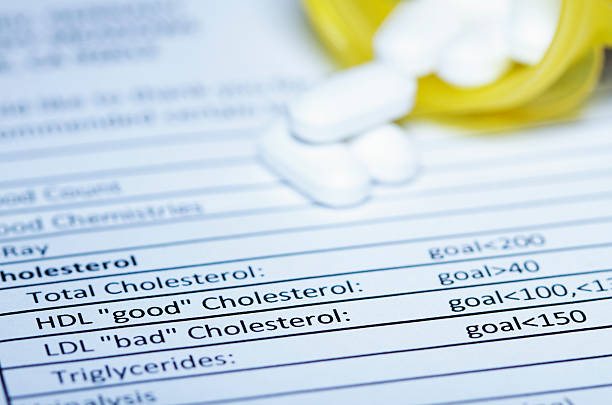
My HDL cholesterol is too low – what now?
If your HDL cholesterol levels are too low, you can be at risk of developing heart disease. The optimal levels of HDL cholesterol should be as close to less than 40 mg/dL for men and 50 mg/dL for women. Additionally, young adults may need to have an HDL cholesterol level of more than 45 mg/dL.
What are the causes of low HDL cholesterol?
There are a number of different aspects that can cause low HDL cholesterol. Factors such as genetics play a role. This is also called hypoalphalipoproteinemia. (Its official definition is is ‘a high-density lipoprotein deficiency’).
Overweight and Diet for low HDL
Being overweight or obesity is also a cause of low HDL cholesterol. Quite often, a person who is obese lives a sedentary lifestyle or is physically inactive. This too can cause the low level HDL cholesterol. Moreover, another typical cause of obesity is a diet that is low in fruit and vegetables, and one that is high in sugary, processed and fatty foods.
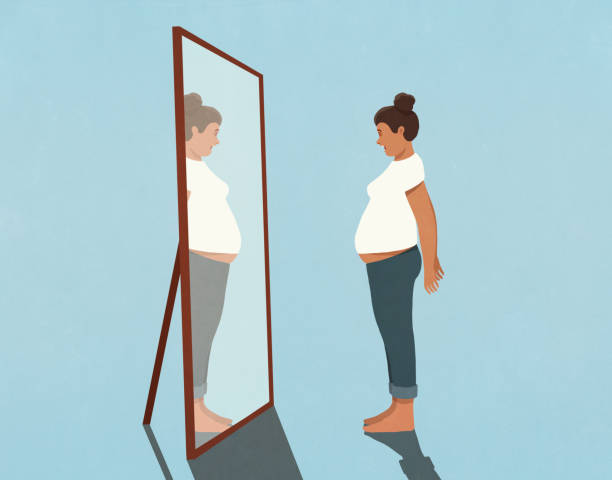
Smoking
Low levels of HDL cholesterol is also caused by smoking. Smoking cigarettes can lower your HDL cholesterol levels as there is a chemical in cigarette smoke that is called acrolein. This chemical seems to change the way in which HDL works in your body. What it does is change the structure of a protein called Apolipoprotein A1.
This protein forms a part of HDL cholesterol. It is likely that this change speeds up the process of atherosclerosis – this is where fat can clog up your arteries – as the HDL is then less competent in removing cholesterol from your artery walls. By quitting smoking, your HDL levels can rise. In fact, they can rise by up to 10% so long as you don’t gain weight. People who stop smoking often tend to put on a few extra pounds.

Medications
Low levels of HDL cholesterol are sometimes caused by certain medications. These can be beta blockers, thiazide diuretics, androgens progestogens and anabolic steroids. It is essential though, if you are taking any of these listed medications, that you don’t stop taking them without speaking to your doctor first.
Moreover, it is highly likely that any possible risks that are caused by low levels of HDL cholesterol are far outweighed by the benefits of these medications.
As such, low levels of HDL cholesterol can have a hidden cause. This would include certain medications and health issues like diabetes. This can also include insulin resistance. Should you have too much fat stored in your body in certain areas such as your waistline, the hormone insulin is not as able to control your blood sugar.

Insulin resistance
This is also called insulin resistance. Insulin resistance usually leads to type 2 diabetes and this is one of the issues that make up the metabolic syndrome. This, in turn, can lead to an increased risk of strokes and heart attacks. Additionally, insulin resistance can also lead to typical changes in the pattern of fats which is called dyslipidaemia. Basically, this means high triglycerides and lower levels of HDL cholesterol.

How can I improve my low levels of HDL cholesterol?
There a number of things that you can do to improve the levels of your low HDL cholesterol level. Remember that the higher your HDL cholesterol level, the better your health is. Most of the ways that you can improve or raise the level of your HDL cholesterol will also lower your LDL (the ‘bad’) cholesterol at the same time. The two work hand in hand for better health.
Strive for the ideal, healthy weight:
If you are overweight, you’re putting yourself at risk of heart disease. When you lose weight, you can lower your LDL cholesterol as well as increase your HDL level. Additionally, losing the right amount of weight can boost your self-esteem, help you sleep better at night and raise your energy levels. Losing weight also means that you’ll fit into those gorgeous jeans properly.
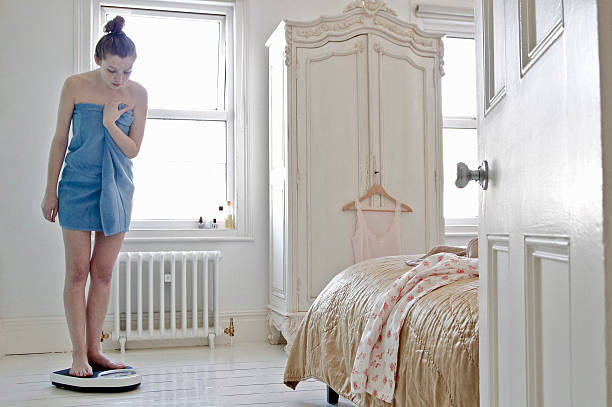
Exercise and physical activity:
we are all aware of the many benefits of doing exercise. Aim for 30 to 60 minutes of physical activity most days of the week. Physical activity or exercise can give your HDL level a boost. On top of that, it can help you lose weight and give you more energy. Doing a physical energy doesn’t mean you have to take out a gym membership. If you do at least 30 minutes of exercise per week, you are on the right track.

There are different forms of activity that you could do and you’ll probably enjoy them too. Walking briskly is a great exercise. If you find the idea tiresome, ask a friend to join you. Walking with a friend means the time will likely pass quicker and you’ll complete your 30 minutes brisk walk before you realize it.
You could also ride your bicycle to work. Or if that is not suitable, walk to work. If you can’t walk to work, take a fast paced walk during your lunch hour.

Try joining a Tai Chi group. Tai Chi is also called the moving meditation and is great for people of all ages. It is a gentle form of exercise with proven results.
Consider what you eat:
It is said that we are what we eat. While not to be taken literally, it certainly has a grain of truth. The food you eat does play a role in your health – and your cholesterol levels. Fruits and vegetables are nature’s bounty and play a significant role in keeping your body healthy – and your cholesterol at an appropriate level.

When we eat foods that are high in trans fatty acids – these are also known as trans fats, our HDL cholesterol is lowered, and, at the same time, your LDL levels increase. The trick is not to eat any foods that are high in trans fats. They are typically what we call ‘junk’ food, such as packaged foods, those high in preservatives and added salt. Included in this list are all the ‘naughty but nice’ foods like baked goods – cookies, pies and cakes.
The list continues with food such as French fries, doughnuts and fried chicken. Additionally, certain oils, such as palm kernel, coconut and palm oils also contain large amounts of saturated fat. (Saturated fat generally comes from the food we get from animals such as meat.

Trans fats are typically manufactured.) Try a healthier option – monounsaturated fat which is found in olive, canola and peanut oils are far better than saturated fat. Other foods that are a good choice in healthy fats are nuts and fish. .
Quit smoking – right now:
We all do know that smoking is bad for us. It is a nasty habit that likely started in our rebellious teenage years. What seemed like a harmless bit of fun at the time can lead to extreme damage to your body. Not only the obvious effects on our lungs, but also on our cholesterol levels. Smoking is believed to cause both low HDL cholesterol levels and high LDL cholesterol levels. Improving your cholesterol levels is but only one good reason to kick the habit.
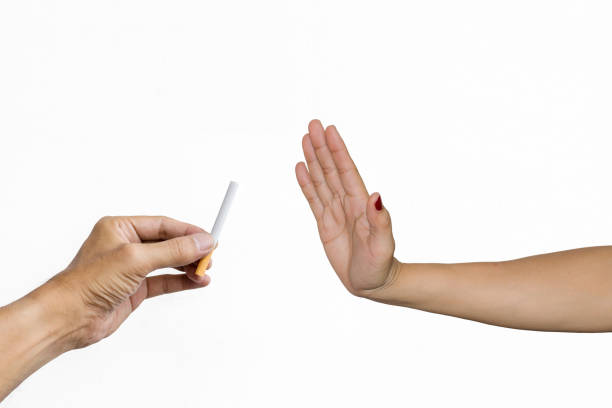
There are drugs that contain testosterone and other anabolic steroids. These can lower your HDL cholesterol levels. Avoidance of these drugs may help increase your HDL numbers. Bear in mind that any changes to any medications that are prescribed must first (and always) be discussed with your doctor.
high triglycerides with low HDL –There is medical treatment available
While making positive and important lifestyle changes are definitely the best way to improve your HDL level, there are medications available that could help. Most of the prescribed medications for high cholesterol also work to reduce LDL cholesterol levels. However, some of these medications can also improve your HDL level. The 2 most used to treat low levels of HDL cholesterol include niacin and fibrates (also known as fibric acid derivatives)
- Niacin – this is a member of the B vitamin family. It is known to boost low levels of HDL cholesterol if it is taken in prescription strength. The typically used niacin name includes Niaspin.
- Fibrates or fibrate acid derivatives – these medications are effective in lowering triglyceride levels and lower LDL cholesterol. However, they are also used to treat people who have high triglycerides, as well as low HDL cholesterol levels in people who cannot take niacin. These are medications such as gemfibrozil (Lopid) and fenofibrate (Antara).
Moving forward
Cholesterol plays a significant role in your body’s health and well-being. Too much of the ‘bad’ cholesterol is certainly not conducive to a healthy body. The right ‘good’ cholesterol level in your body means that you can significantly reduce the risk of heart attacks and strokes. By the same token, neither is too little of the ‘good’ cholesterol good for you. Balance is an important factor in the ideal levels of cholesterol on your body.
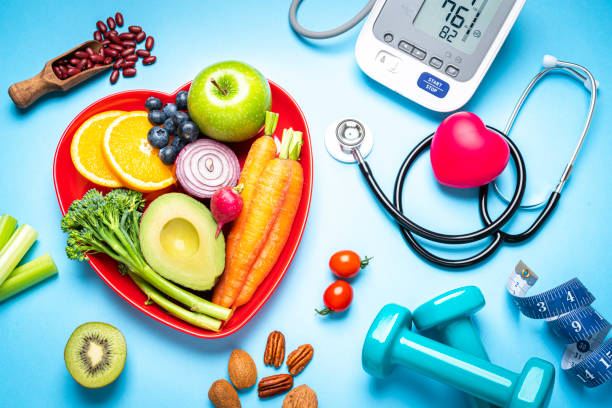
Changing your lifestyle habits – and these include the amount of exercise you do, what you eat and quitting bad habits like smoking – all play an essential role in helping you to maintain the right levels of cholesterol in your body. Your doctor will assist you in reaching the correct levels of cholesterol for your body.
